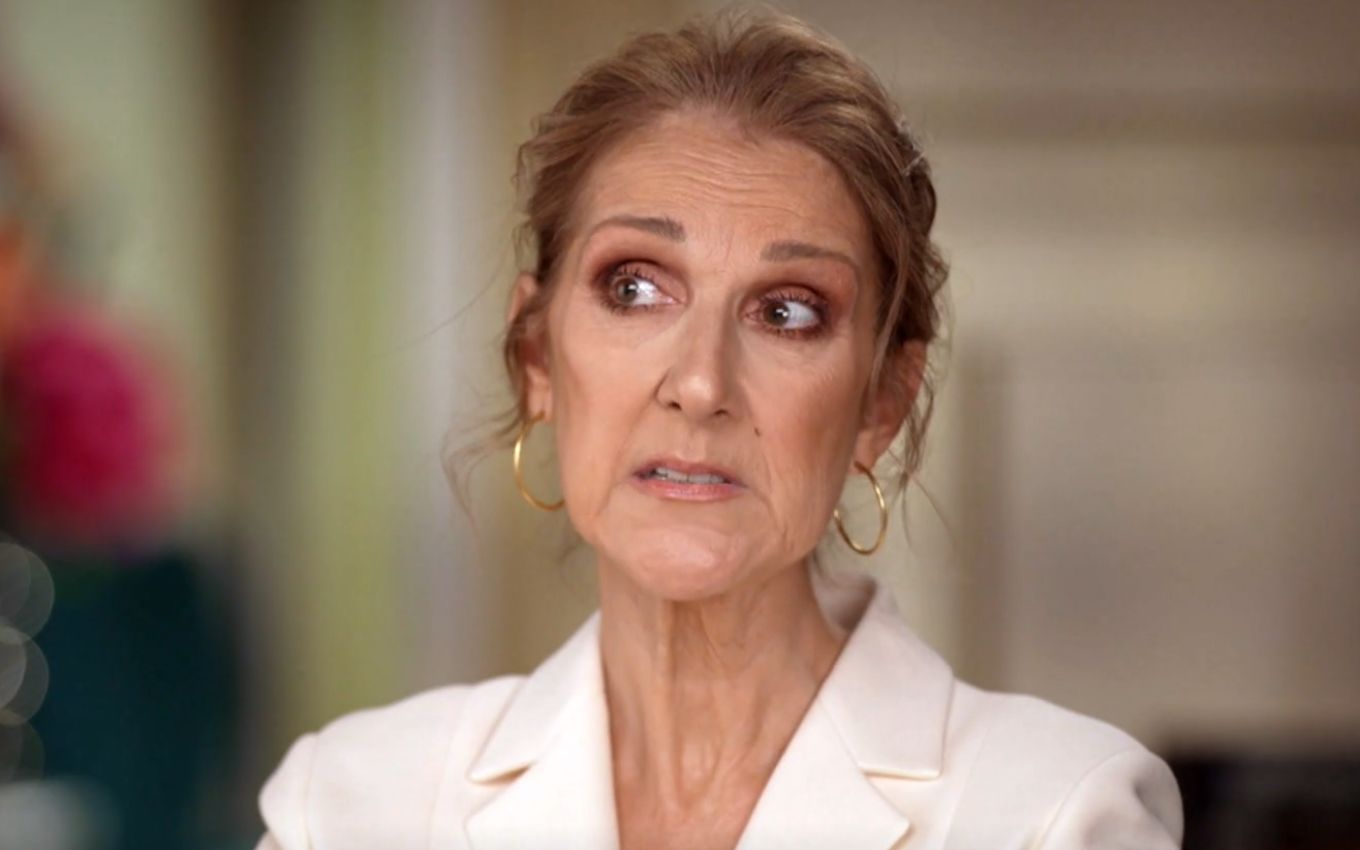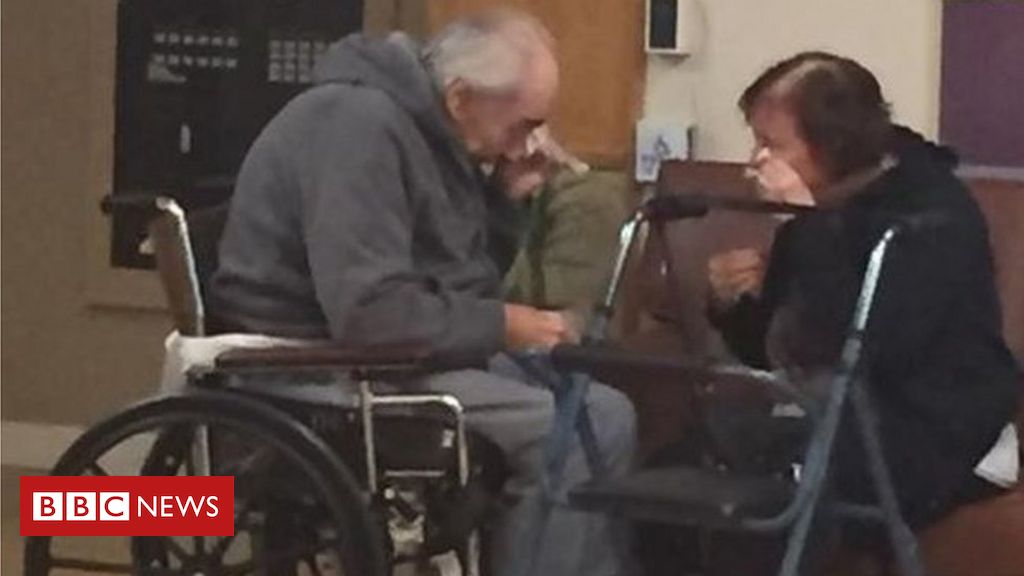Have you ever felt your heart racing before a test or a meeting? Or do your hands sweat before meeting someone important? It’s anxiety, a natural reaction. Anxiety can become an illness when it puts the body in a constant state of attention, like what happened to singer Wesley Safadão, who announced a career break after several attacks.
What doctors explain is that anxiety is a natural response of our body that helps us react to difficult and risky situations. What happens with anxiety disorder, which is the illness, is that the risk does not exist, but the person still enters this state of alert.
If you are in a room and an animal that could attack you enters, your body will react to help you escape the danger. The health problem occurs when there is no external stimulus, but your body has the same reactions. Which puts the person in a constant state of anxiety.
— Dartiu Xavier, professor of psychiatry at Escola Paulista de Medicina
How do anxiety attacks occur?
Last weekend, singer Wesley Safadão suffered anxiety attacks and announced an interruption to his concert schedule and medical appointments.
🧠 The professor and psychiatrist explains that people suffering from anxiety disorders can have acute episodes, which are attacks. They occur because of a chemical reaction in the body:
- Adrenaline release: in the event of a crisis, the amygdala, which is an area of the brain, releases a high level of adrenaline;
- Vulnerable body: in the normal state, the body would act to minimize the effect of adrenaline when it realizes that there is no imminent risk, but in the disorder, these defenses are deactivated;
- Palpitations, sweating and tingling: with the surge of adrenaline, the body reacts with the physical symptoms that characterize the attack, such as accelerated heart rate, dilated pupils, vomiting, tingling in the legs, cold hands, among others.
Like Wesley Safadão, anxiety is a health problem that affects almost 19 million people in Brazil, according to a study by the Datafolha Institute published in July this year. This places the country among those with the highest rate in all of Latin America.
According to Xavier, the disease is multifactorial, but he explains that the way we live today, in constant competition and comparison, makes people vulnerable to anxiety.
Our society is all about exposure, especially public figures. They must follow a script and present themselves well. An ideal of a human being that does not exist is created on them.
— Dartiu Xavier, professor of psychiatry at Escola Paulista de Medicina.
For him, this is even more accentuated because of social networks.
“Instagram creates a model that is sorely missed by those who follow it. This encourages competitiveness. People set themselves to a very high standard and that is a key element in triggering anxiety,” he says.

“Typical thinker. Unapologetic alcoholaholic. Internet fanatic. Pop culture advocate. Tv junkie.”

:strip_icc()/i.s3.glbimg.com/v1/AUTH_59edd422c0c84a879bd37670ae4f538a/internal_photos/bs/2023/3/o/fAnLL6RLyNCK0a7oHg6g/wesley-safadao.jpg)
:strip_icc()/i.s3.glbimg.com/v1/AUTH_da025474c0c44edd99332dddb09cabe8/internal_photos/bs/2023/D/n/i7eIkcQsAB0YgsWKDQMw/whatsapp-image-2023-03-08-at-10.48.49.jpeg)




:strip_icc()/i.s3.glbimg.com/v1/AUTH_63b422c2caee4269b8b34177e8876b93/internal_photos/bs/2021/T/V/IFkavRRSSjHCBPZfqVXw/ap21313490536644.jpg)